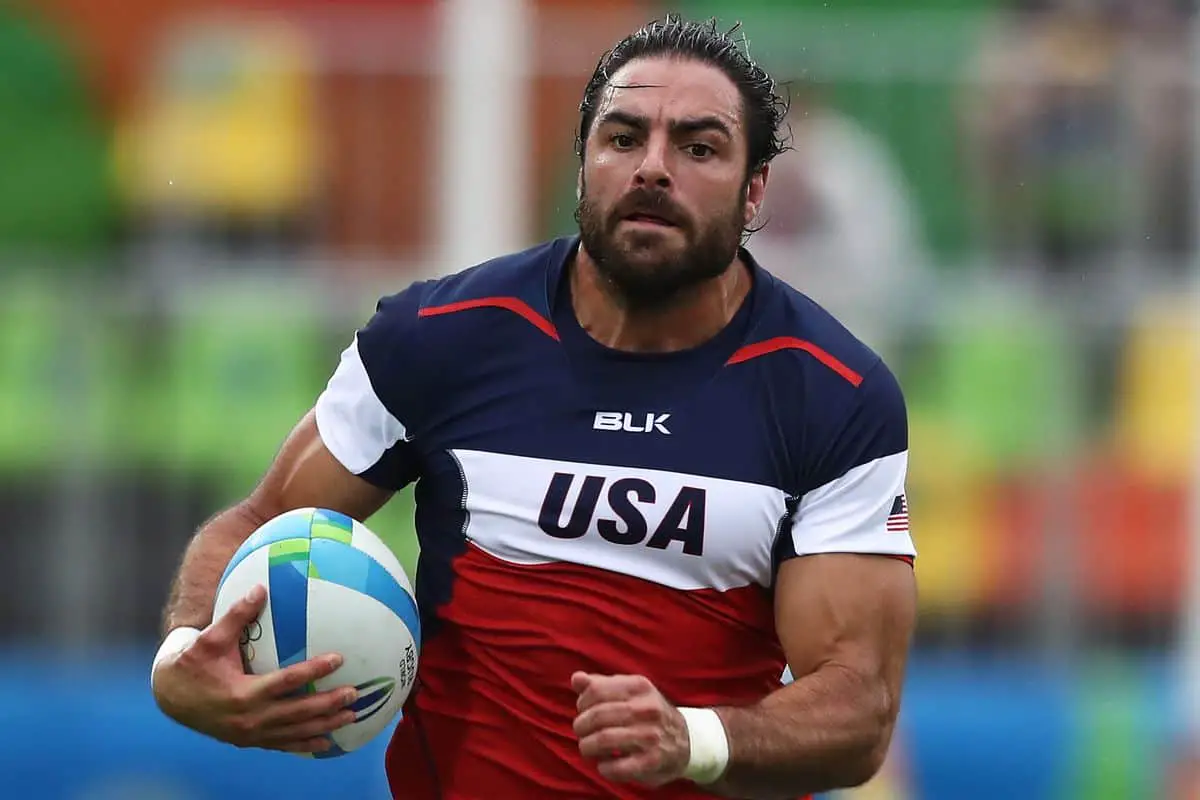Rugby is a sport that has long been dominated by countries like New Zealand, South Africa, and England. While the United States has made strides in recent years to develop its rugby program, it has yet to establish itself as a major force in the sport. In this blog, we will explore some of the reasons why America is not good at rugby and what needs to change if it hopes to become successful.

Rugby in America is Not Very Popular
Firstly, rugby is not a mainstream sport in the United States. American sports fans tend to focus on baseball, basketball, and American football, and rugby struggles to attract the same level of interest. This means that there is less infrastructure in place to support the sport, including fewer rugby-specific facilities and a smaller pool of talent to draw from. In contrast, countries like New Zealand and South Africa have well-established rugby cultures, with large numbers of people playing the sport at all levels.
According to World Rugby, there were just over 124,000 registered rugby players in the United States in 2020. This is a fraction of the number of registered players in countries like New Zealand and South Africa, which have populations that are much smaller than that of the United States. In New Zealand, for example, there were over 150,000 registered rugby players in 2019, while in South Africa there were nearly 650,000.
Another factor that contributes to America’s struggles in rugby is the lack of financial resources available for the sport. Rugby is not a lucrative sport in the United States, with most players at the club level playing for little or no pay. This makes it difficult for rugby clubs to attract top talent and to invest in facilities and training programs. In contrast, rugby is a major professional sport in countries like New Zealand, South Africa, and England, where players can earn significant salaries and there is a large infrastructure in place to support the sport.
American Rugby Players Aren’t Paid Much
The United States also faces stiff competition from other sports for talented athletes. American football, for example, is a popular sport in the United States and attracts many of the country’s top athletes. This means that rugby struggles to attract the same level of talent and athleticism that other sports enjoy. In countries like New Zealand, by contrast, rugby is the dominant sport, and many of the country’s top athletes choose to play rugby over other sports.
The lack of success of the United States rugby team can be seen in its international record. The United States has never advanced past the pool stages of the Rugby World Cup, and has only won two matches in the tournament’s history. In contrast, countries like New Zealand and South Africa have won multiple Rugby World Cups and consistently rank among the top teams in the world.
Rugby in America Has to Compete With Basketball, Football & Baseball
Rugby in America Lacks Funding
Another factor that has contributed to America’s struggles in rugby is the lack of funding for the sport. Compared to other countries, rugby in the United States receives relatively little financial support. This means that there are fewer resources available to develop and promote the sport, including training facilities, coaching staff, and equipment. This lack of funding also means that talented young athletes may not have the same opportunities to play rugby as they do for other sports, leading to a smaller pool of skilled players.
How Does America Become Succesful at Rugby?
To be successful in rugby, the United States needs to address these issues and invest more resources into the sport. One solution would be to increase the number of rugby programs in high schools and universities, giving young athletes more opportunities to play and develop their skills. This would also help to increase awareness of the sport and build a larger fan base.
Another solution would be to provide more funding for rugby at the national level. This could come from private donors or government programs, and could be used to develop coaching programs, build training facilities, and promote the sport to a wider audience. By investing more resources into rugby, the United States could attract top talent and compete with other nations on the international stage.
In addition to increasing funding and promoting the sport, there are other steps that can be taken to improve rugby in the United States. One important step is to improve the quality of coaching at all levels. This includes hiring experienced coaches who can develop players’ skills and help them reach their full potential. It also means investing in coaching education programs to ensure that all coaches have the necessary knowledge and skills to teach the sport effectively.
Another key factor in developing successful rugby players is to improve strength and conditioning programs. Rugby is a physically demanding sport, and players need to be strong, fast, and agile to be successful. This means providing access to state-of-the-art training facilities and hiring experienced strength and conditioning coaches.
Conclusion
Overall, the reasons why America is not good at rugby are complex and multifaceted. However, with increased funding, promotion, and investment in coaching and training, the United States has the potential to become a competitive force in the sport. By developing top talent and building a strong rugby culture, the United States can compete with other nations on the international stage and bring more attention to this exciting and dynamic sport.